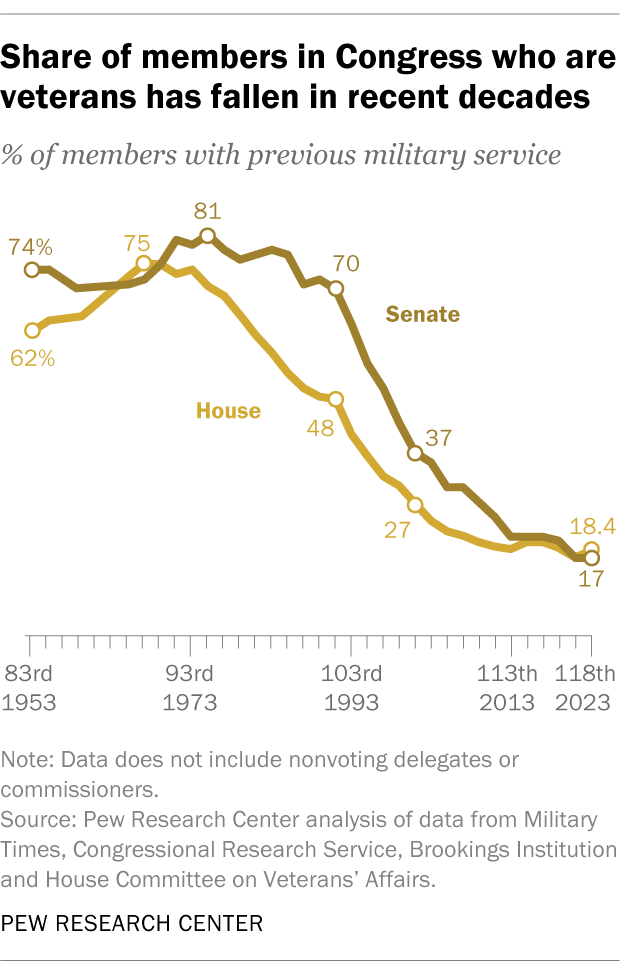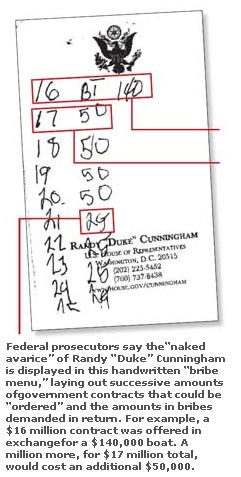Today, we end at 12:05 because I have a noon meeting.
For next time: Thurber, ch. 10.
On January 12, 1991, House Speaker Tom Foley (D-WA) and Republican Leader Bob Michel (R-IL) spoke about the impending Gulf War. Click for video of their remarks, so you can see what grownups look like:
Foreign Affairs Generally
1962.................49.0%..........8.9%
1972.................34.3%..........6.5%
1982.................24.8%..........5.6%
1992.................21.6.............4.6%
2002.................17.3%..........3.2%
2012.................19.2%..........4.2%
2022.................12.2%..........3.1%
War and Intelligence
Prologue: Steps in launching a nuclear war
Hamilton in Federalist 8: "It is of the nature of war to increase the executive at the expense of the legislative authority."
Tocqueville, p. 126: "If the Union’s existence were constantly menaced, and if its great interests were continually interwoven with those of other powerful nations, one would see the prestige of the executive growing, because of what was expected from it and of what it did."
The Constitution:
To declare war, grant letters of marque and reprisal, and make rules concerning captures on land and water;
To raise and support armies, but no appropriation of money to that use shall be for a longer term than two years;
To provide and maintain a navy;
To make rules for the government and regulation of the land and naval forces;
To provide for calling forth the militia to execute the laws of the union, suppress insurrections and repel invasions;
To provide for organizing, arming, and disciplining, the militia, and for governing such part of them as may be employed in the service of the United States, reserving to the states respectively, the appointment of the officers, and the authority of training the militia according to the discipline prescribed by Congress;
Article II, section 2:
The President shall be commander in chief of the Army and Navy of the United States, and of the militia of the several states, when called into the actual service of the United States;
CRS explains that a declaration of war has enormous legal consequences
[A] declaration of war automatically brings into effect a number of statutes that confer special powers on the President and the Executive Branch, especially concerning measures that have domestic effect. A declaration, for instance, activates statutes that empower the President to interdict all trade with the enemy, order manufacturing plants to produce armaments and seize them if they refuse, control transportation systems in order to give the military priority use, and command communications systems to give priority to the military. A declaration triggers the Alien Enemy Act, which gives the President substantial discretionary authority over nationals of an enemy state who are in the United States. It activates special authorities to use electronic surveillance for purposes of gathering foreign intelligence information without a court order under the Foreign Intelligence Surveillance Act. It automatically extends enlistments in the armed forces until the end of the war, can make the Coast Guard part of the Navy, gives the President substantial discretion over the appointment and reappointment of commanders, and allows the military priority use of the natural resources on the public lands and the continental shelf.
There have been 11 declarations of war.
Use of military force abroad (usually without a declaration of war)
The War Powers Resolution -- From CRS:
The War Powers Resolution (P.L. 93-148) was enacted over the veto of President Nixon on November 7, 1973, to provide procedures for Congress and the President to participate in decisions to send U.S. Armed Forces into hostilities. Section 4(a)(1) requires the President to report to Congress any introduction of U.S. forces into hostilities or imminent hostilities. When such a report is submitted or is required to be submitted, Section 5(b) requires that the use of forces must be terminated within 60 to 90 days unless Congress authorizes such use or extends the time period. Section 3 requires that the “President in every possible instance shall consult with Congress before introducing” U.S. Armed Forces into hostilities or imminent hostilities.
From 1975 through March 2017, Presidents have submitted 168 reports as the result of the War Powers Resolution, but only one, the 1975 Mayaguez seizure, cited Section 4(a)(1), which triggers the 60-day withdrawal requirement, and in this case the military action completed and U.S. armed forces had disengaged from the area of conflict when the report was made.
















